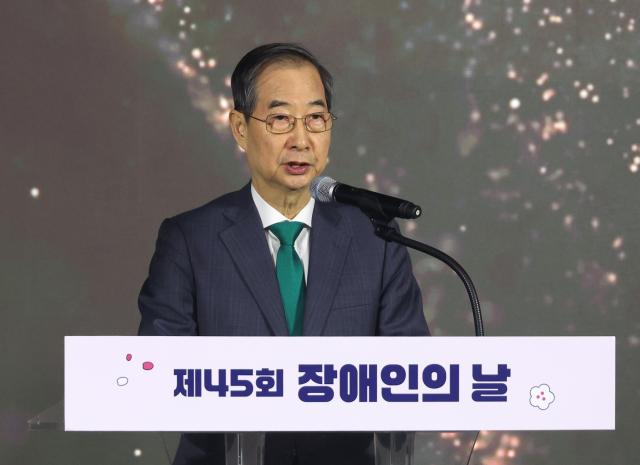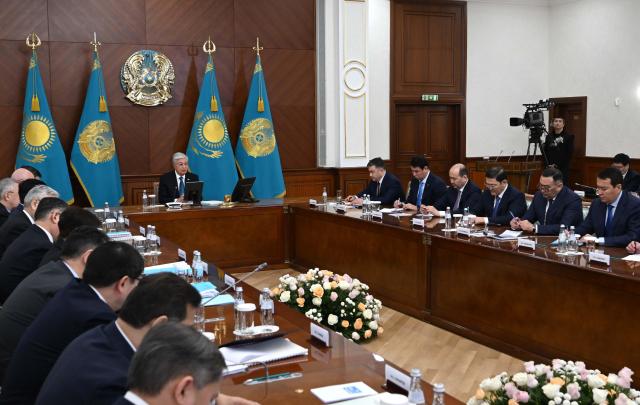
KENOSHA, August 08 (AJU PRESS) - The release of targeted journalist Evan Gershkovich of "The Wall Street Journal" and 15 others politically imprisoned in Russia is cause for relief and rejoicing. Eight prisoners held in the West, including a murderer, were also released in the largest such exchange since the Cold War.
Gershkovich represents a highly respected, influential-news organization. He also personifies Russia dictator’s Vladimir Putin’s long-term repression of free political expression.
Evan Gershkovich was the first U.S. journalist arrested in Russia since the Cold War ended, but only one distinctive example of ruthless state repression.
Alexei Navalny, a prominent Russia opposition leader, was arrested following his brave return to Russia in 2021. He had been evacuated to Germany for emergency medical treatment after being poisoned. He later died in a far-northern camp.
Before Navalny returned, Kremlin authorities tried to intimidate journalists and restrict protests supporting him. State media regulator Roskomnadzor demanded social media not post information related to protests.
In Britain in March 2018, a police officer found Sergei Skripal and his daughter Yulia unconscious on a park bench in Salisbury, a city near London. Authorities immediately hospitalized them in intensive care. The nerve agent responsible sickened the officer, likewise hospitalized.
Skripal worked for the GRU, the military intelligence arm of Russia. He also was a double agent for British intelligence from 1995.
In September 2018, opposition activist Peter Verzilov became severely ill after a court hearing related to a protest and his subsequent arrest. He also was flown to Berlin for specialist medical treatment, where poisoning was diagnosed as the likely cause.
Vladimir Kara-Murza, an opposition leader and journalist, suffered two severe health attacks in 2015 and 2017. The diagnosis in each case was probable poisoning. He is vice chairman of Open Russia, an organization founded by successful business entrepreneur Mikhail Khodorkovsky, a strong Putin opponent who has been persecuted and imprisoned.
A particularly prominent victim is Alexander Litvinenko, who died in London in November 2006 from acute radiation poisoning. Litvinenko was a former colleague of Putin in the KGB, the principal arms of state security in the Soviet Union, an agency rightly feared for ruthless methods and effective results.
Putin is a product of distinctive KGB culture.
Litvinenko defected to Britain, where until silenced he was a prominent and influential public critic of Putin and the government of Russia. After a meticulous thorough investigation, representatives of Scotland Yard testified in a public inquiry the Russian government was involved in this killing.
Earlier, critics of Russia’s regime sometimes died violently gangland style, in public. In early 2009, near the Kremlin on a sunny day on a public street, a gunman murdered activist attorney Stanislav Markelov. Journalist Anastasia Baburova tried to help him and was killed. The hit man was a pro, his pistol equipped with a silencer.
Markelov had denounced release from prison of Colonel Yuri Budanov, convicted of strangling a woman during the Chechnya war.
In 2021, courageous journalist Dmitry Muratov received the Nobel Peace Prize. The Kremlin shut down his news organization, “Novaya Gazeta.”
Today, Russian military aggression, related espionage and sabotage, and other outrages are constant. The invasion of Ukraine is only the most extreme example. Military involvement beyond Ukraine is extensive. Attempted interference in U.S. elections is notorious. Harassment of Americans and others is a part of this picture.
Winston Churchill observed "the key" to Russia is national interest. The U.S. government appealed to just that factor to achieve success in the prisoner exchange.
-------------------------------------------------------------------------------------------------------------------------
This article was contributed by Arthur I. Cyr, author of "After the Cold War -- American Foreign Policy, Europe and Asia" (NYU Press and Palgrave/Macmillan). He has taught at the Universities of Chicago and Illinois, Northwestern University, and Carthage College (Clausen Distinguished Professor).
Copyright ⓒ Aju Press All rights reserved.





View more comments